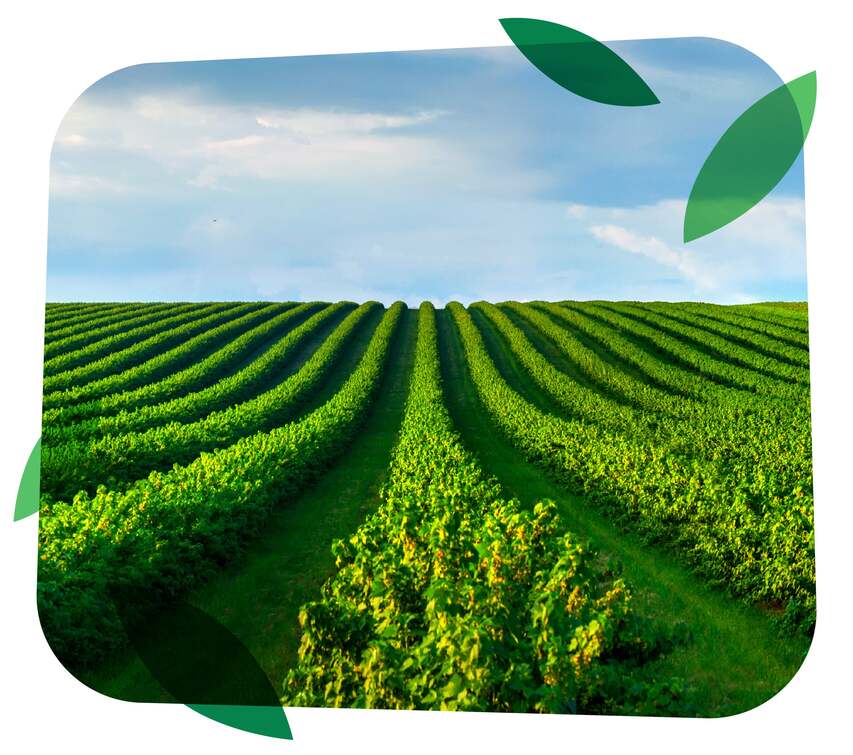An industry tour to Israel in 2015 is starting to come full circle for Tully banana grower Steve Lowe, with his family undertaking some of the first commercial plantings in Australia of tissue cultured varieties from the country.
Together with several other growers, Steve was hosted by global fertiliser supplier, Haifa, in Israel, and visited the plant propagation, selection and breeding company, Rahan Meristem, located near Israel’s north-west border with Lebanon. The company is the world’s leading exporter of tissue cultured banana and plantain.
After an extended period before becoming commercially available in Australia, the Lowes are planting the dwarf variety Adi, as well as Jaffa and Gal, on their 165-hectare property. Steve, who is Chairman of the Australian Banana Growers’ Council and continues to be supported on the farm by his 80-year-old father, Barry, said he also viewed some of the varieties in South America prior to Israel and they produced outstanding bunches. “Haifa instigated the tour and it has led to these varieties coming into Australia,’’ Steve said.
Adi is a second generation after Grand Nain that can withstand storms and strong winds. It is short with strong stems and, importantly, produces big bunches.
Rahan Meristem Scientific Director, Dr Eli Khayat, said Adi was quick cycling and over a period of three years, growers would get an extra cycle of fruit.
The Lowes turned to controlled release nutrition with plantings on their river loam soils several years ago after traditionally spreading high volumes of granular fertilisers every month, and Steve said they would not be turning back anytime soon.
The six-month controlled release fertiliser, Multicote Banana Plant from Haifa, is used at plantings and Multicote also has been used at other key crop stages. The family also uses Haifa’s specialist, fully water-soluble banana fertiliser blend, Banana One-Shot, through a fertigation system set up over one-third of their property, as well as a three-month controlled release urea fertiliser.
Multicote Banana Plant, which contains 11 per cent N, 8.3pc P and 8.3pc K plus micro-elements, uses Haifa’s polymer coating technology, allowing nutrients to be released in a gradual manner according to plants’ requirements and soil temperature. The latter is important in ensuring the nutrients being supplied are not lost during periods of high rainfall or over-watering.
Available exclusively through Lindsay Rural, Banana One-Shot is based on Haifa’s high quality Poly-Feed fertiliser and comprises pure plant nutrients and generous quantities of essential micro-elements such as magnesium, boron and zinc. It contains 13pc N, just 0.17pc P, a high 24pc K, 8.7pc S and 2.1pc Mg.
Plantings with Multicote Banana Plant now account for close to half of the Lowe’s plantation.
“We are applying about 1 tonne of Multicote to 4 acres and we are keen to increase the rate. The big thing with these fertilisers is that we are using all of the nutrients, rather than risking run-off to the reef (Great Barrier Reef). We are now trialling the slow-release urea and will look at how much potassium we are putting on.Regulations to protect the reef are now in place and include how much N is being applied to crops. With the slow-release urea, we will use the full amount.’’
According to Steve, the controlled release fertilisers were particularly beneficial during the wet season. “If it rains, plants will still be getting the nutrition. With the previous granule fertilisers we used, it would be all gone.’’
Using the water-soluble Banana One-Shot at specific stages, like when bunches were forming, allowed them to vary applications with greater control through their fertigation system. It’s also a cost saving because it is concentrated in the root zone and so you are using less.
The move to controlled release nutrition at planting and Banana One-Shot also had resulted in better throughput in the packing shed, with better grades and cleaner fruit.




